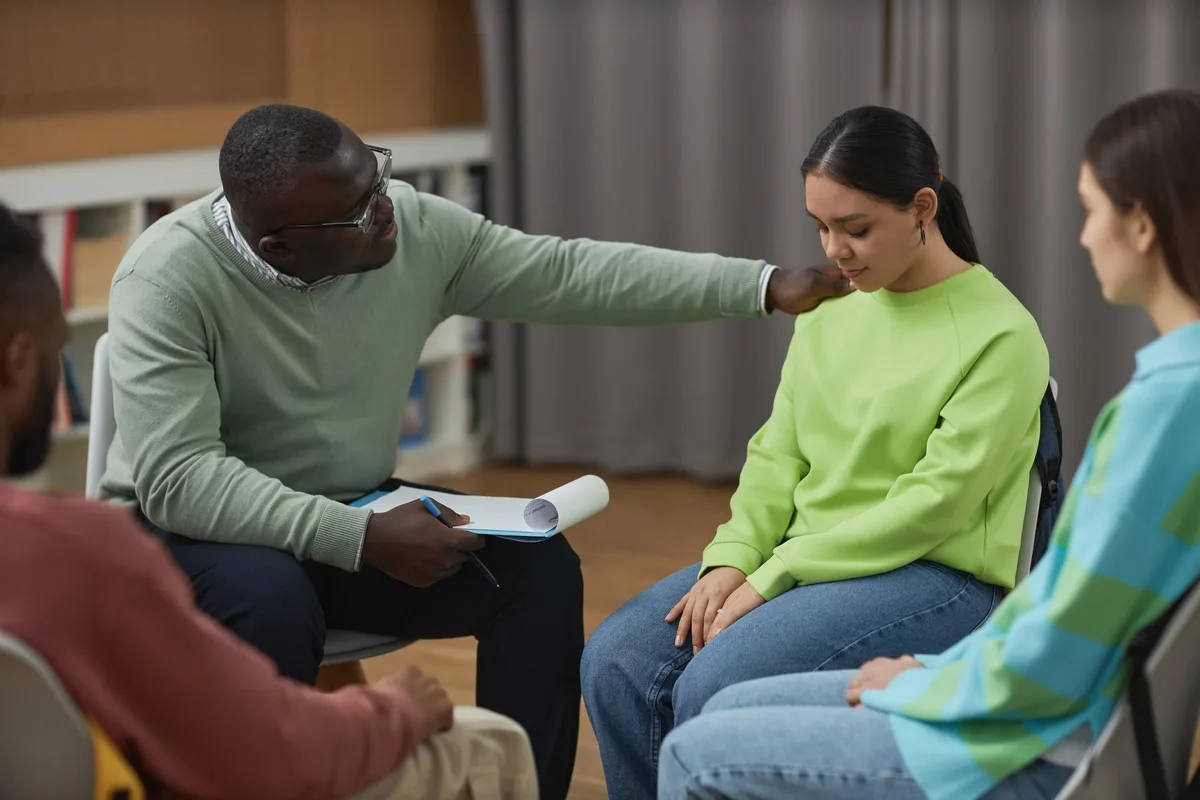24/7 Helpline:
(866) 899-111424/7 Helpline:
(866) 899-1114
Learn more about Cocaine Rehab centers in Morristown
Cocaine Rehab in Other Cities

Other Insurance Options

BHS | Behavioral Health Systems

EmblemHealth

Oxford

Kaiser Permanente

WellCare Health Plans

Private insurance

Providence

MVP Healthcare

Amerigroup

Medical Mutual of Ohio

Highmark

BlueCross

Anthem

Meritain

PHCS Network

WellPoint

Cigna

Health Net

Multiplan

Health Partners


Village Network – Brite Futures
Village Network – Brite Futures is a private rehab located in Saint Clairsville, Ohio. Village Netwo...

Crossroads Counseling Services
Crossroads Counseling Services offers outpatient services for individuals struggling with substance ...
















































































































































































































Tri County Help Center
Tri County Help Center is a private rehab located in Saint Clairsville, Ohio. Tri County Help Center...
































































































































